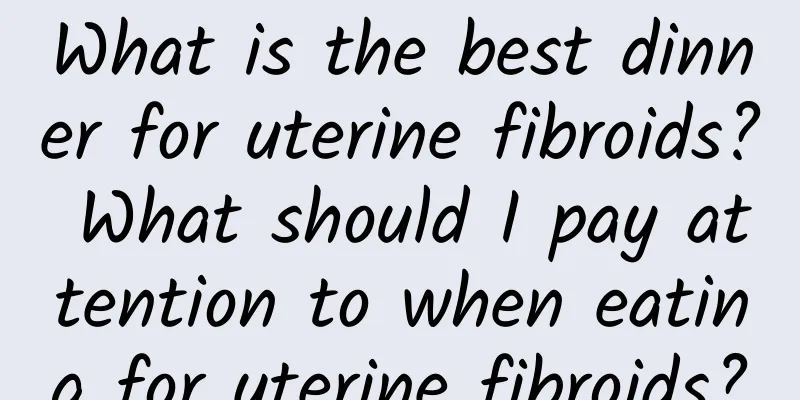Complete list of treatments for cervical precancerous lesions

|
We must have a serious understanding of the conservative treatment methods for cervical cancer. Only by correctly understanding the conservative treatment methods for cervical cancer and carrying out symptomatic treatment can better results be achieved. So what aspects are included in the common conservative treatment methods for cervical cancer? The following is a specific analysis given by experts, let us grasp it together. 1. Treatment principles 1. Atypical hyperplasia: If the biopsy shows mild atypical hyperplasia, it is temporarily treated as inflammation, and the scraping is followed up for half a year and biopsy is performed again when necessary. If the lesion persists, it can be observed. For those diagnosed with moderate atypical hyperplasia, laser, freezing, and electric ironing should be used. For severe atypical hyperplasia, total hysterectomy is generally recommended. If you urgently want to have children, you can also follow up regularly and closely after cone excision. 2. Carcinoma in situ: Generally, most people advocate total hysterectomy, retaining both ovaries; some advocate simultaneous removal of 1-2 cm of the vagina. In recent years, laser treatment has been used at home and abroad, but close follow-up is required after treatment. 3. Microscopic early invasive cancer: Generally, extended total hysterectomy and 1-2 cm of vaginal tissue are recommended. Because the possibility of lymph node metastasis of microscopic early invasive cancer is extremely small, it is not necessary to eliminate pelvic lymphatic tissue. 4. Invasive cancer: The treatment method should be based on the clinical stage, age, general condition, and equipment conditions. Common treatment methods include radiation, surgery, and chemotherapy. Generally speaking, radiotherapy is suitable for patients at all stages; the surgical effect of stage Ib to IIa is similar to that of radiotherapy; cervical adenocarcinoma is slightly less sensitive to radiotherapy, and a combined treatment of surgical resection and radiotherapy should be adopted. 2. Surgical treatment Extensive hysterectomy and pelvic lymph node removal are performed. The removal range includes the entire uterus, bilateral adnexa, upper vagina and paravaginal tissues, and pelvic lymph nodes (paracervical, obturator, internal iliac, external iliac, and lower common iliac lymph nodes). The operation requires thoroughness, safety, strict control of indications, and prevention of complications. |
<<: How to treat cervical precancerous lesions
>>: Modern treatment of cervical precancerous lesions
Recommend
The key to breaking through the weight loss plateau is "this"! Nutritionist Xie Furu: 6 dietary principles to improve basal metabolism
The biggest worry when losing weight is regaining...
How should women deal with dysmenorrhea?
Dysmenorrhea is a condition that many women will ...
What are the symptoms of heavy bleeding after medical abortion? There are 4 major symptoms
In real life, some women have to choose to termin...
What are the causes of gynecological uterine fibroids and how to prevent them?
With the development of modern fast-paced life, m...
Drinking chocolate milk after exercise can help you build muscle and lose fat? Nutritionist answers…
Friends who have the habit of exercising must hav...
What are the treatments for chronic adnexitis?
Treatment of chronic adnexitis. Women with chroni...
What are the common symptoms of ovarian cysts?
Ovarian cysts are a type of ovarian tumor in wome...
What is the difference between uterine polyp bleeding and menstrual bleeding
What is the difference between bleeding from uter...
Women should be more alert to the symptoms of pelvic inflammatory disease
As living standards improve, many diseases are be...
Scientific diet is helpful for relieving women's dysmenorrhea
Dysmenorrhea is very common in our lives. Most wo...
What care should patients with Bartholinitis pay attention to?
Bartholinitis is often a mixed infection, and it ...
What's wrong with taking emergency contraceptive pills and having periods twice a month?
What's wrong with taking emergency contracept...
What are the symptoms of ovarian cysts in gynecology?
What are the symptoms of gynecological ovarian cy...
Keeping clean in daily life can prevent cervicitis
Cervicitis not only harms women's physical he...
Is itching down there caused by cervicitis?
Is the itching down there caused by cervicitis? 1...









